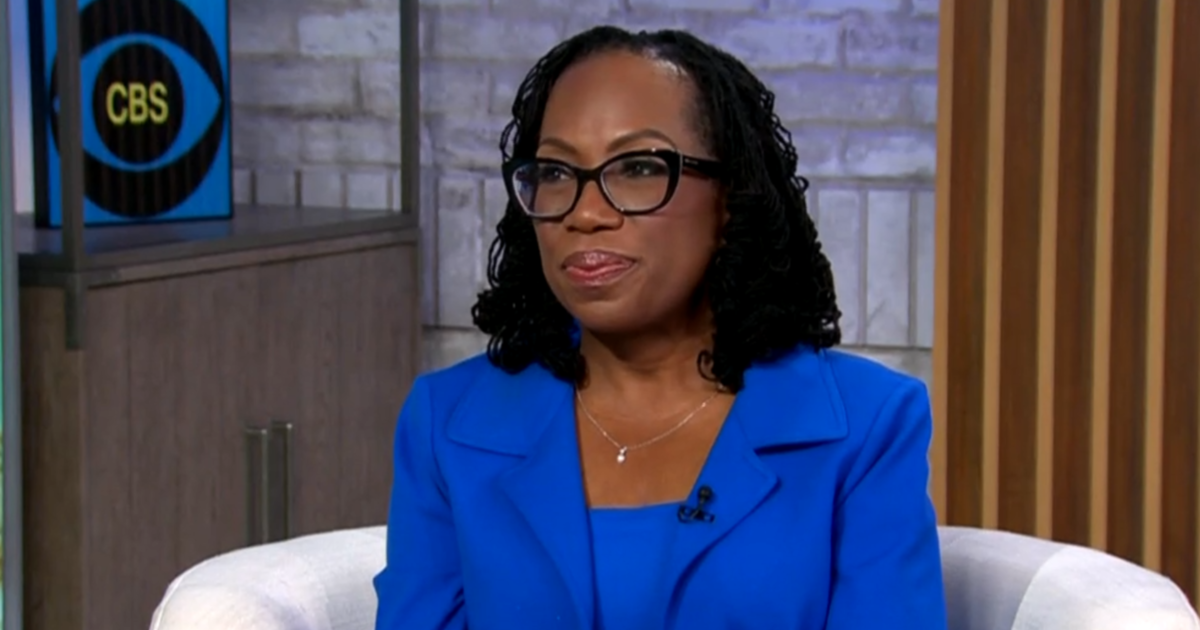Supreme Court Justice Ketanji Brown Jackson defended her dissenting opinion in a case concerning an Idaho abortion dispute earlier this year, saying she wanted to “express as clearly as possible” her views on the issue.
In June, the high court reinstated a lower court order that blocked Idaho from enforcing its near-total ban when an abortion is needed to preserve the health of the mother while legal proceedings continue, allowing abortions to be performed during certain medical emergencies in the state, although the court did not address the underlying issue at play.
“While this court dawdles and the country waits, pregnant people experiencing emergency medical conditions remain in a precarious position, as their doctors are kept in the dark about what the law requires,” she wrote.
“A dissent is the opportunity for the justices to express their differing views with respect to what the majority has done,” Jackson said Tuesday on “CBS Mornings.” “And I had a difference of opinion and I wanted to make clear why I thought what I did in that situation.”
The case was the first concerning state abortion law that the justices considered since the Supreme Court rolled back a constitutional right to abortion in Roe v. Wade in 2022, creating a patchwork of access throughout the country and clashes over state-level bans.
Jackson said Tuesday that she wanted to make her views on the matter as clear as possible, adding that “the court has a tradition of that” when asked whether she was worried the opinion would be considered too strong.
“Lots of justices use terms and phrases that they want to use in order to make a significant point,” Jackson said.
Tuesday was Jackson’s first live interview since the release of her new book, “Lovely One.” Ahead of the book’s launch, Jackson spoke with “CBS Evening News” anchor and managing editor Norah O’Donnell, which was her first interview since being confirmed to the high court. Jackson told O’Donnell about some of the Supreme Court’s major decisions and other issues the justices are confronted with — like an enforceable ethics code. And she detailed her rise to the nation’s highest court as the first Black woman to serve as a Supreme Court justice.
Melissa Quinn
contributed to this report.

